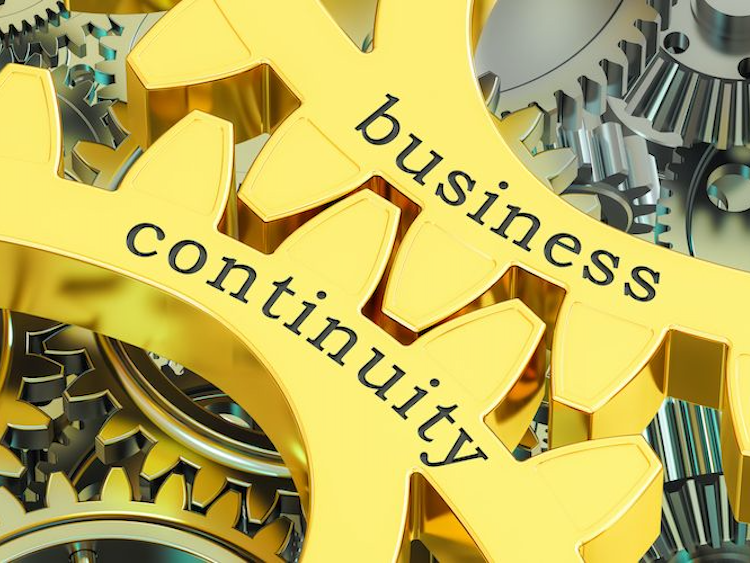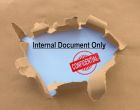Continuity and Disaster Plan: Yes, Your Company Needs One!
There are many factors that can disrupt your business operations or even bring your entire organization to a complete standstill. While a COVID-19 kind of global pandemic may be a once in a lifetime occurrence, the possibilities of natural disasters, terrorist attacks, server malfunctions, coordinated cyberattacks, or major power outages are other realities of the present times. Not having a strategy or plan to mitigate such threats, recover the damages, and restore your operations could severely impact your customers, employees, and not to mention, your balance sheet. To quote Benjamin Franklin, “By failing to prepare, you are preparing to fail.”
Learn Why and How to Build a Business Continuity Plan
At Crown Information Management, we support a large base of cross-industry clients for secure storage and disposal of both physical and digital records. Our information management specialists share some useful insights on business continuity and disaster management plans.
Protect Your Business
Any disruptive event could translate into a number of undesired outcomes for your business.
- Labor Issues: Employees unable to reach the workplace due to a flood, storm, or government-mandated lockdown, or a majority of employees falling ill at the same time, leaving a large gap in your active workforce.
- Production Issues: An interruption in your materials or supply chain logistics, or a technical glitch that has halted your production or service.
- Operational Issues: A complete failure of your IT applications or IT infrastructure due to a power outage, or loss of critical data and information due to a ransomware attack, hack, fire or theft.
While this is certainly not an exhaustive list, it justifies:
- A Business Continuity Plan (BCP): A comprehensive strategy and tactical plan that includes enterprise, function and department level processes and protocols to remain operational, even in the middle of a disruptive event.
- Disaster Recovery (DR): Systematic safeguards for your company’s technical infrastructure, along with defined processes for resuming the technical support and systems post a disruptive event.
Although used slightly interchangeably, there is a difference between DR and BCP. While BCP is ensuring uninterrupted operations during the crisis, DR is about recovery and restoration after the crisis. Both, BCP and DR need to work in tandem for successfully navigating any adversity.
A well-developed BCP and DR strategy will help you protect your stakeholders and assets and keep your business afloat against all odds. This includes:
- Physical safety of your employees, customers, visitors, production facilities, office spaces, paper and digital records, and technology infrastructure.
- Continuity of contracts, production, services, and deliveries from secondary sites through alternative arrangements, if primary operations suffer setbacks.
- Uninterrupted access to critical records through a defined prioritization access matrix for critical and vital information.
- Widely understood protocols that establish a chain of command and a responsibility matrix that prevents a state of confusion and chaos.
Hire Information Management Professionals to Secure and Preserve Business Information
At Crown Information Management, we are a SOC1, NAID AAA and PCI Certified company, specializing in secure storage of paper files and documents. We can help you save time, money and resources in classifying, indexing, storing, securing, and tracking your physical records in our state-of-the-art storage facility in Winter Haven, FL. Besides managing the risks associated with disruptive events, our record management services address the compliance and governance aspects related to record preservation or destruction. Our qualified and experienced Records and Information Management (RIM) professionals would be happy to understand your business requirements and create customized plans that address your BCP and DR goals.
Explore our range of records management services and learn how we can help you implement a systematic records management framework for your business. Call 800-979-9545 to discuss your requirements or contact us online.






